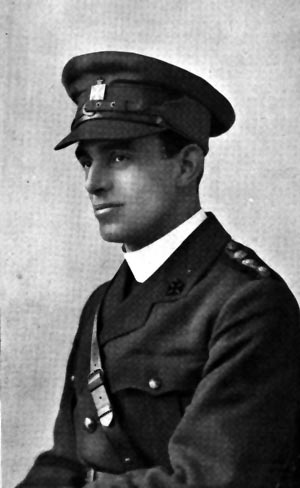Readings:
Psalm
69:15-20
2 Samuel 22:1-7
(8-16) 17-19
1 Corinthians
15:50-58
Luke 10:25-37
Preface of a Saint (2)
[Common of a Pastor]
[For Peace]
PRAYER (traditional language)
Glorious God, we give thanks for high and holy things as well as the common things of earth: Awaken us to recognize thy presence in each other and in all creation, so that we, like Geoffrey Studdert Kennedy, may love and magnify thee as the holy, undivided Trinity; who liveth and reigneth one God, for ever and ever. Amen.
PRAYER (contemporary language)
Glorious God, we give thanks for high and holy things as well as the common things of earth. Awaken us to recognize your presence in each other and in all creation, so that we, like Geoffrey Studdert Kennedy, may love and magnify you as the holy, undivided Trinity; who lives and reigns, one God, for ever and ever. Amen.
This commemoration appears in A Great Cloud of Witnesses.
Return to Lectionary Home Page
Webmaster: Charles Wohlers
Last updated: 11 January 2020
GEOFFREY ANKETELL STUDDERT KENNEDY
PRIEST, 1929
 Geoffrey Anketell Studdert Kennedy (June 27, 1883 - March 8, 1929), was an Anglican priest and poet. He was nicknamed 'Woodbine Willie' during World War I for giving Woodbine cigarettes along with spiritual aid to injured and dying soldiers.
Geoffrey Anketell Studdert Kennedy (June 27, 1883 - March 8, 1929), was an Anglican priest and poet. He was nicknamed 'Woodbine Willie' during World War I for giving Woodbine cigarettes along with spiritual aid to injured and dying soldiers.
Born in Leeds in 1883, Kennedy was the seventh of nine children born to Jeanette Anketell and William Studdert Kennedy, a vicar in Leeds. He was educated at Leeds Grammar School and Trinity College, Dublin, where he gained a degree in classics and divinity in 1904.
After a year's training, he became a curate in Rugby and then, in 1914, the vicar of St. Pauls, Worcester. On the outbreak of war, Kennedy volunteered as a chaplain to the armed forces on the Western Front. In 1917, he won the Military Cross at Messines Ridge after running into no man's land to help the wounded during an attack on the German frontline. He wrote a number of poems about his experiences, and these appeared in the books Rough Rhymes of a Padre (1918), and More Rough Rhymes (1919).
After the war, Kennedy was given charge of St. Edmund King and Martyr in Lombard Street, London. Having been converted to Christian socialism and pacifism during the war, he wrote Lies (1919), Democracy and the Dog-Collar (1921) (featuring such chapters as "The Church Is Not a Movement but a Mob," "Capitalism is Nothing But Greed, Grab, and Profit-Mongering," and "So-Called Religious Education Worse than Useless"), Food for the Fed Up (1921), The Wicket Gate (1923), and The Word and the Work
(1925). He moved to work for the Industrial Christian Fellowship, for whom he went on speaking tours of Britain. It was on one of these tours that he was taken ill, and died in Liverpool.
— from Wikipedia